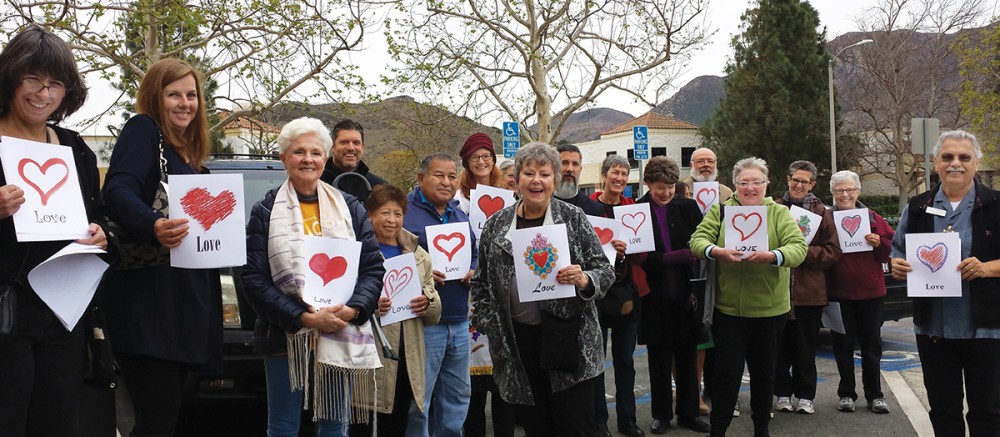Navigating the immigration labyrinth with two pastors facing deportation
We gathered in an ICE parking lot. Not to protest, but to show that we cared.

In the spring of 2017, I met a husband and wife pastor team who were seeking community support while they worked to legalize their immigration status. The pastors and their two children had arrived in the US more than 25 years earlier on a legal visa. They found work and decided to stay in Southern California. When their visas neared expiration, they sought legal counsel to apply for a longer residence.
Unfortunately, they engaged an unscrupulous notary public, who promised to file the legal paperwork on their behalf. The Spanish word notario refers to a legal functionary, someone who can file legal paperwork before a court. But in the US, a notary has no such authority. It was a scam. Many Spanish-speaking immigrants who are victimized by notarios lose significant sums of money, precious time, and opportunities for legal appeals. That is what happened to these pastors. The notary took their money and disappeared.
When the pastors realized their mistake, they scrambled to raise more money, hire a lawyer, and meet the deadlines for residence applications. The lawyer they could afford was incompetent. Perhaps he misfiled papers, or missed deadlines, or did not choose the correct procedural path for their situation. They lost more time. But they remained in the US, raising their children, still looking for trustworthy legal help.




